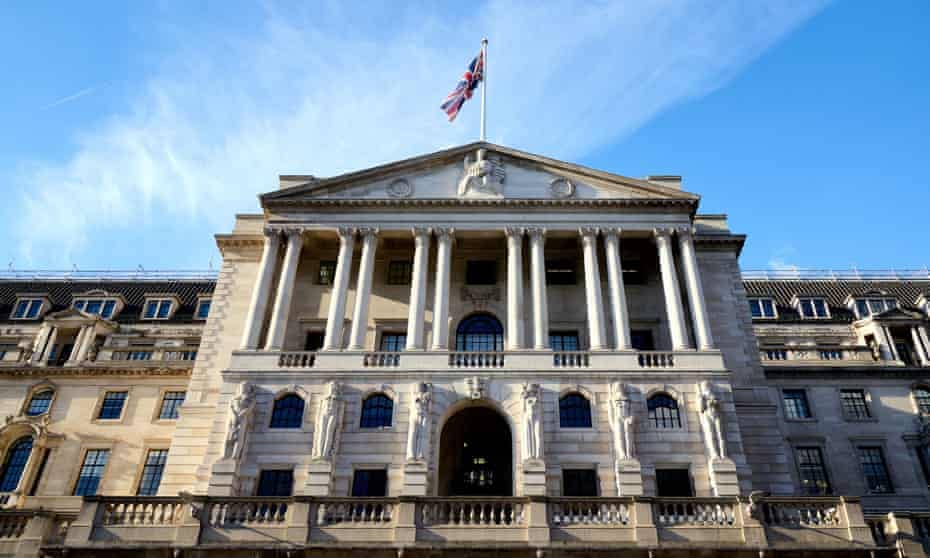In light of the turbulence in the banking industry, a former Threadneedle Street policymaker has suggested that the Bank of England cut interest rates and stop selling government bonds.
Official borrowing costs should be reduced from 4% to 3% at this week’s meeting, according to David Blanchflower, a former member of the Bank’s monetary policy council during the 2008 global financial crisis.
Markets are expecting the Bank to either increase rates to 4.25% or leave them steady, but Blanchflower claimed that in light of Silicon Valley Bank’s demise in the US and the Swiss government’s financial lifeline to Credit Suisse, the committee needed to reconsider its strategy.
The Bank is gradually selling off the bonds it purchased to increase the money supply and sustain the economy between the 2008 financial crisis and the Covid-19 outbreak, but Blanchflower and fellow economist Richard Murphy have encouraged the Bank to reverse this quantitative tightening (QT).
The two stated that they firmly backed the Bank’s quantitative easing policy because it helped to mitigate the effects of austerity measures implemented since 2010.
In a submission to the Commons Treasury select committee, Blanchflower and Murphy disputed the notion that quantitative easing (QE) was to blame for inflation reaching its highest level in four decades and argued that bond purchases should resume at a rate of £50 billion annually to keep the economy from entering a recession.
In September of last year, the Bank announced its intention to sell £80 billion of the £895 billion of bonds it had acquired over the previous 12 months.
Blanchflower and Murphy stated that a one percentage point interest rate cut was “urgently needed,” with additional cuts to come, based on the Bank’s prediction of a two-year decline in output and inflation falling below its target by 2025.
At its most recent meeting in early February, the committee’s two members, Silvana Tenreyro and Swati Dhingra voted to maintain rates at 3.5%, but they were defeated by the other seven members. Although the European Central Bank boosted borrowing prices last week, financial markets believe that the committee will be more likely to do the same on Thursday.
“The Bank of England is showing signs of dangerous groupthink when it comes to QT, believing that it must change its former policy of QE despite having not yet provided any convincing justification for doing so,” said Blanchflower.”
The Bank of England must take a step back and reevaluate its impact on the economy, he continued. With the fresh money generated by QE, it might revolutionize the mortgage, student loan, and business investment markets over the next few years, benefiting the people of the UK. We kindly request that they seize this chance rather than guide us toward a virtually certain recession or even depression.
Conclusion
The Bank of England is also unable to defend its quantitative easing (QT) policy, but it is clear that this policy, when coupled with increased fiscal austerity and high-interest rates, could have disastrous effects on the UK economy over the coming years, including rising household debt and ensuing banking crises as well as posing a serious threat to the survival of many companies. It is time for the Bank to revoke this policy.


